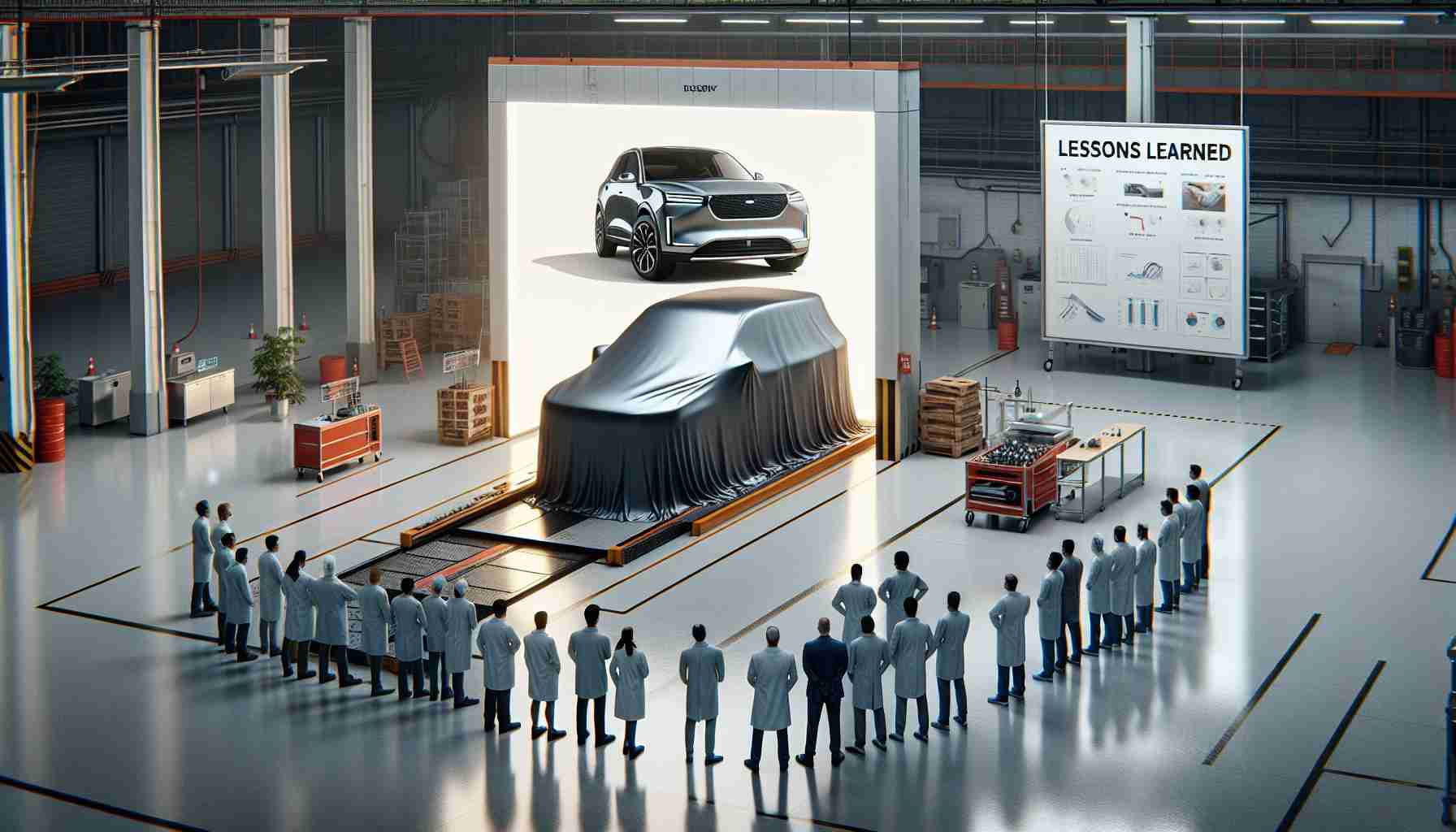Apple’s decision to abandon its secretive car project comes as no surprise to many in the industry. The challenges and complexities of developing electric and autonomous vehicles have become increasingly evident over the years. While Apple initially aimed to revolutionize personal transportation, it ultimately faced the reality of the market and had to make the tough call.
The company’s foray into self-driving cars started almost a decade ago with Project Titan. However, it failed to make significant progress and struggled to compete with established players in the industry. Despite operating a small fleet of autonomous vehicles and even outperforming some competitors in terms of miles traveled, Apple never obtained the necessary permit to deploy vehicles without safety drivers.
One of the major stumbling blocks for Apple was the issue of affordability. As the market shifted towards more affordable electric vehicles, companies like Rivian and Lucid struggled to find customers. Apple, known for its premium products, would face a similar challenge in the increasingly competitive electric vehicle market.
Moreover, the complexities of developing a fully autonomous vehicle posed even greater challenges. The recent incidents involving robotaxis and the increasing frequency of crashes only highlighted the difficulties of achieving fully autonomous capabilities. Apple, being image-conscious, would undoubtedly want to avoid any negative headlines associated with such incidents.
Perhaps recognizing these challenges, Apple decided to shift its focus towards generative AI initiatives. With its extensive expertise in artificial intelligence, the company recognized that developing software and hardware for autonomous systems was within its wheelhouse. By redirecting its efforts to more buzzworthy projects, Apple is now better positioned to make a significant impact in the AI field.
The demise of Apple’s car project coincides with a broader reality in the electric and autonomous vehicle industry. Investments are being scaled back, factories are being put on hold, and model lineups are being canceled. The initial hype surrounding battery-powered and driverless vehicles has given way to a more pragmatic outlook, as the industry grapples with practical challenges and market dynamics.
In the end, Apple’s decision to abandon its car project serves as a valuable lesson for the industry. It highlights the importance of aligning capabilities with market realities and focusing on areas where a company can truly make a difference. While Apple may not have succeeded in revolutionizing personal transportation, it is now poised to lead in the field of artificial intelligence.
FAQ Section:
1. Why did Apple decide to abandon its secretive car project?
Apple decided to abandon its car project due to the challenges and complexities of developing electric and autonomous vehicles. It faced difficulties in competing with established players in the industry and struggled with the issue of affordability. As the market shifted towards more affordable electric vehicles, Apple, known for its premium products, would have faced a similar challenge.
2. Did Apple make any progress in self-driving cars?
Apple’s self-driving car project, known as Project Titan, started almost a decade ago. While it operated a small fleet of autonomous vehicles and outperformed some competitors in terms of miles traveled, it never obtained the necessary permit to deploy vehicles without safety drivers.
3. What were the challenges of developing a fully autonomous vehicle?
Developing a fully autonomous vehicle posed significant challenges. The recent incidents involving robotaxis and the increasing frequency of crashes highlighted the difficulties of achieving fully autonomous capabilities. Apple, being image-conscious, would want to avoid any negative headlines associated with such incidents.
4. What is Apple focusing on now?
Apple has shifted its focus towards generative AI initiatives. With its expertise in artificial intelligence, the company recognized that developing software and hardware for autonomous systems was within its capabilities. By redirecting its efforts to AI projects, Apple aims to make a significant impact in the field.
Definitions:
1. Autonomous vehicles: Vehicles that are capable of operating without human intervention or control.
2. Generative AI: A field of artificial intelligence that focuses on creating artificial systems with the ability to produce new, original content or solutions.
Suggested Related Links:
1. Apple AI: Official website of Apple’s AI initiatives.
2. Rivian: Official website of Rivian, an electric vehicle company mentioned in the article.
3. Lucid Motors: Official website of Lucid Motors, another electric vehicle company mentioned in the article.
The source of the article is from the blog procarsrl.com.ar
